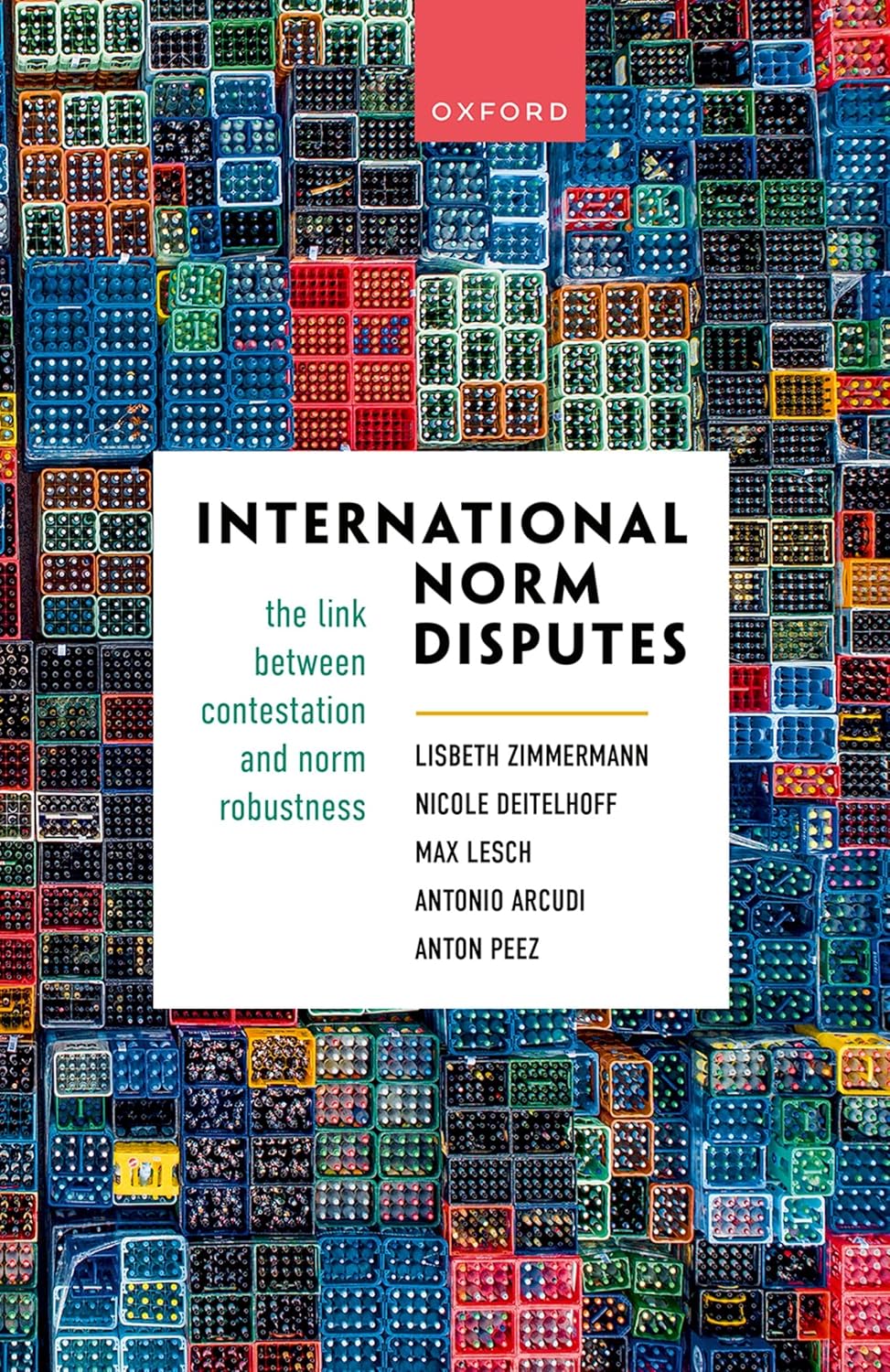International Norm Disputes: The Link between Contestation and Norm Robustness
Abstract:
This book is an in-depth comparative study about when and why international norms decline when they are contested. It presents central findings on the link between contestation and norm robustness based on four contemporary case studies (the torture prohibition, the responsibility to protect, the duty to prosecute institutionalized in the International Criminal Court, and the moratorium on commercial whaling) along with two historical case studies (privateering and the transatlantic slave trade). We demonstrate that norms are likely to weaken when challengers contest the validity of a norm’s core claims but remain robust when they contest a norm’s application and such contestation does not become permanent. In the contemporary cases, the shift to validity contestation and norm weakening was due to perceptions of the procedural fairness of international institutions. In contrast, in the historical case studies, the relative power of the norm challengers mattered. This book offers important findings on the dynamics of international norms, which are crucial for understanding the alleged problems of the liberal international order.


